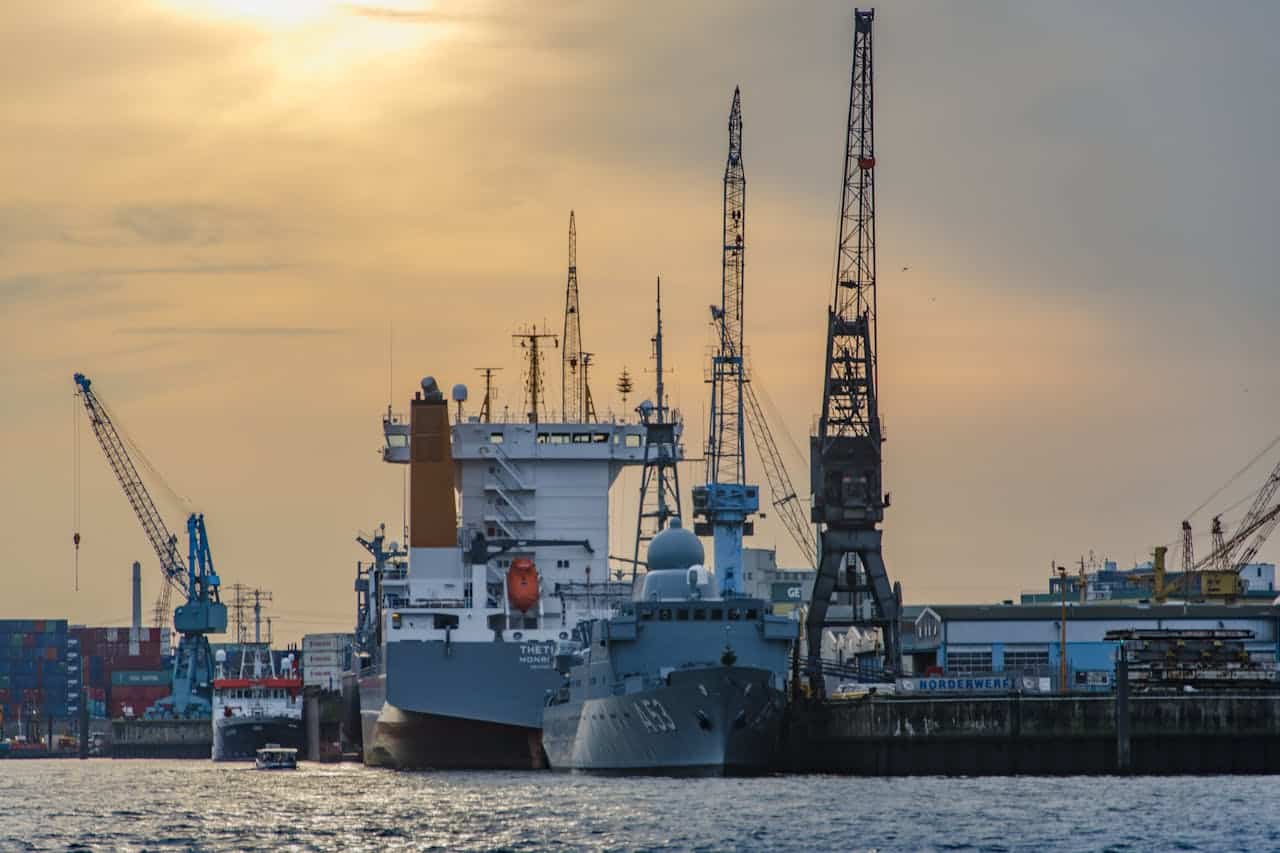Every industry in the world is important in its own way because it contributes to the world in one way or another. However, there are those that are a bit more essential than the others due to their enormous significance.
One of them is the maritime industry, which has an integral role in the global economy because, without it, no one would ever be able to effectively transport all kinds of goods from one part of the world to another.
Lately, this industry has been majorly influenced by artificial intelligence (in the most positive sense, of course), and today, this guide will uncover some technological advancements (regarding AI) that are currently revolutionizing this phenomenal industry.
The Influence Of Artificial Intelligence On Navigation And Route Optimization
It’s more than obvious that AI tools that have been leveraged in the past are far from what they used to be. In fact, they are even more enhanced and advanced, turning this industry into a safe space for everyone who’s part of it.
Nowadays, artificial intelligence doesn’t have only one or two roles, but a lot of them, trying to take on as many tasks as possible, such as cargo handling, navigation, and many other relevant things with a goal to somehow ease the burden on the workforce.
Even though fully autonomous ships are still out of reach, artificial intelligence is already making a massive difference, making sure that maritime operations are safe and effective to the maximum.
Furthermore, in the near future, anyone who’s part of this industry can expect AI to contribute to the training of seafarers. Namely, with the assistance of various AI-powered tools, companies will be capable of providing their workers with very realistic training scenarios, allowing them to practice numerous emergency procedures without risking their lives and safety.
This is generally extremely beneficial for every person and business that’s part of this industry because the crew members (by virtue of artificial intelligence) will be properly prepared for all kinds of incidents that may potentially arise.
The Omnipotent Predictive Intelligence
Predictive intelligence has made a huge fuss in this industry lately, especially regarding operational efficacy and ship reliability. Since predictive intelligence is capable of foreseeing when certain ship parts are going to fail, thanks to it, operators can take various preventative measures to decrease unplanned downtime, and, simultaneously, prolong the life of their ship. It’s safe to say that this isn’t the only benefit of predictive intelligence.
Apart from reducing sudden downtime, by virtue of this fantastic technological invention, companies that work within this industry will also lower their operational expenses, and prevent potential postponements in shipments.
The crew members can make use of this tool to predict when a particular component will stop working properly, and, concurrently, schedule its maintenance at the time that’s most convenient for them, such as when the ship isn’t sailing, during repairs that are relatively fast and benign, etc.
Then There’s Fleet Management
Over the past couple of years, fleet management has become very effective and it’s all due to artificial intelligence and different solutions it brought to it. These days, people who work in the fleet industry can quickly gather useful pieces of information thanks to cutting-edge analysis solutions from several sources, like maritime traffic, weather conditions, commercial demands, and many others to help businesses make the best choices.
Moreover, AI algorithms are able to foresee a variety of different mechanical failures by unveiling wear-and-tear patterns before something more severe occurs. This allows firms to execute predictive maintenance, and, at the same time, drastically decrease ship downtime.
Aside from that, artificial intelligence can efficiently optimize fuel usage, which is one of the biggest operational expenses when it comes to maritime transport. These algorithms can perfectly adapt speed, energy usage, and routes based on numerous variables, such as weather forecasts, ocean currents, and many others.
Maintenance Planning & Optimization
AI algorithms also play a significant role in maintenance planning and optimization, and below a couple of examples of it will be discussed:
- Maintenance prioritization – Machine learning models have the goal of assessing the criticality of different predicted maintenance tasks, and in these instances, they take several factors into account, like operational impact, failure consequences, and equipment importance.
- Maintenance route optimization – For autonomous vessels with different maintenance tasks, artificial intelligence plans the most suitable routes for maintenance teams, making sure they are a lot more effective.
- Resource allocation – AI optimizes the allocation of all maintenance resources, like spare parts, time, and many others, based on certain demands, and operational restrictions.
- Predictive spare parts management – Artificial intelligence algorithms are here to predict spare parts demands, optimize inventory levels, and, simultaneously, lower the risk of excess inventory or stockouts.

Artificial Intelligence Doesn’t Forget The Importance Of The Crew Members
Working in this industry to a lot of people may be very exciting, however, what’s undeniable is that it frequently be exhausting as well, particularly, during harsh weather. However, AI is obviously aware of this fact, hence it decided to come up with a solution that’s going to properly take care of the crew members.
Namely, it’s no secret that long hours and various working conditions can make crew members feel completely physically and mentally drained, not being able to function normally, which increases the risk of all types of accidents.
But that’s exactly why artificial intelligence is here. Its goal (as far as this goes) is to supervise the crew members (including their working hours) to make sure they do not work too much, and that their overall well-being is relatively acceptable.
Furthermore, AI can help ship operators figure out when one of their members is overly stressed and tired and is going to provide them with various useful solutions that will not only benefit that worker but the entire ship too. This refers to additional relaxation time, rotating shifts, and other adjustments.
Artificial intelligence has decided to transform numerous industries, including the maritime industry, which was definitely an excellent idea, because, as you can see, with its state-of-the-art solutions, everything is far simpler.
